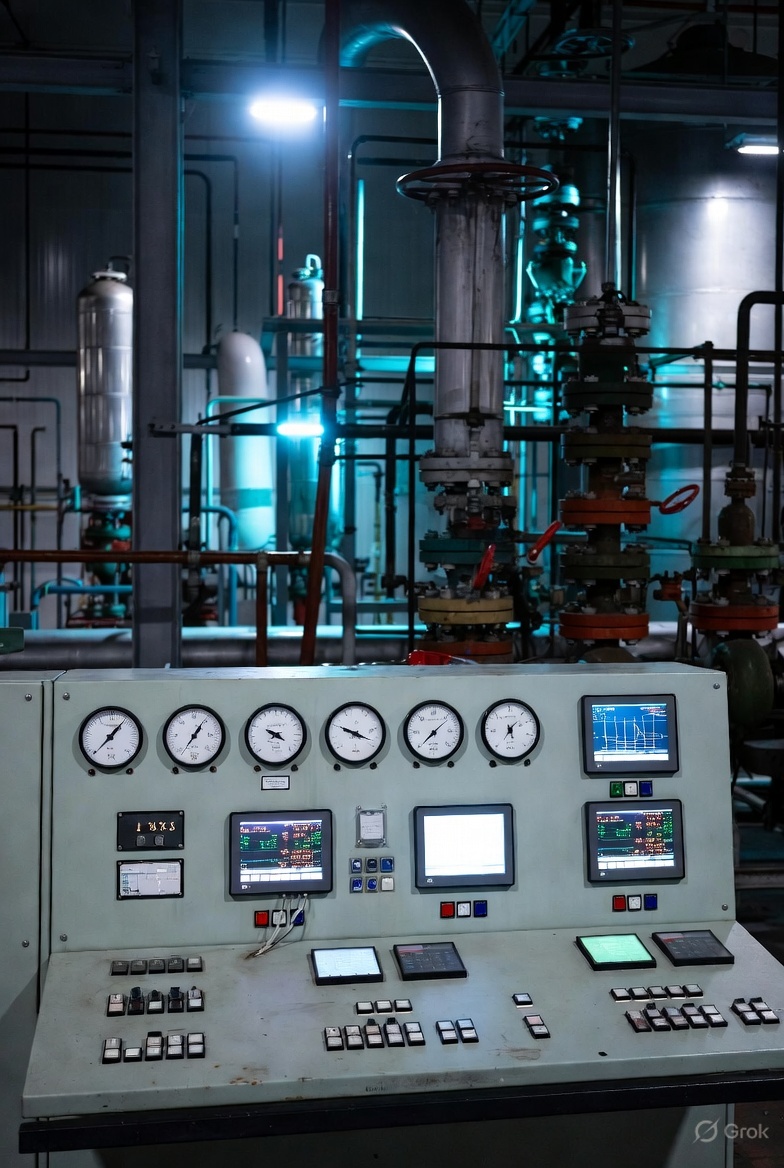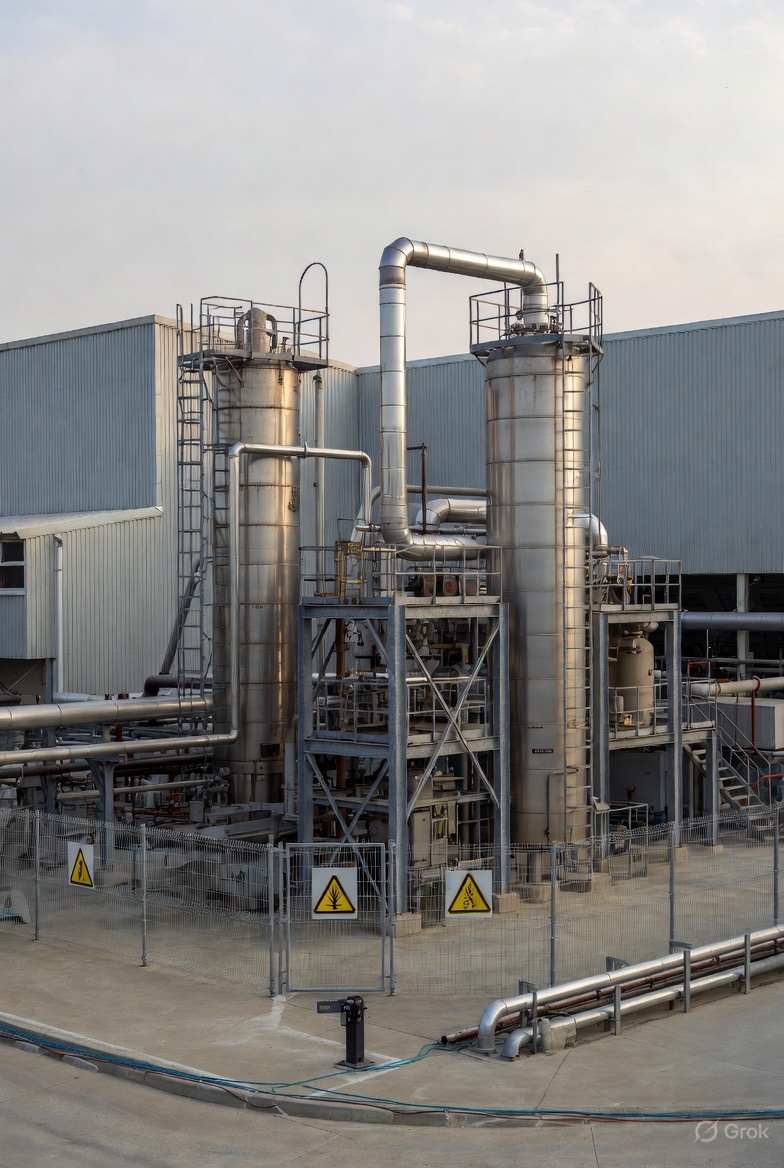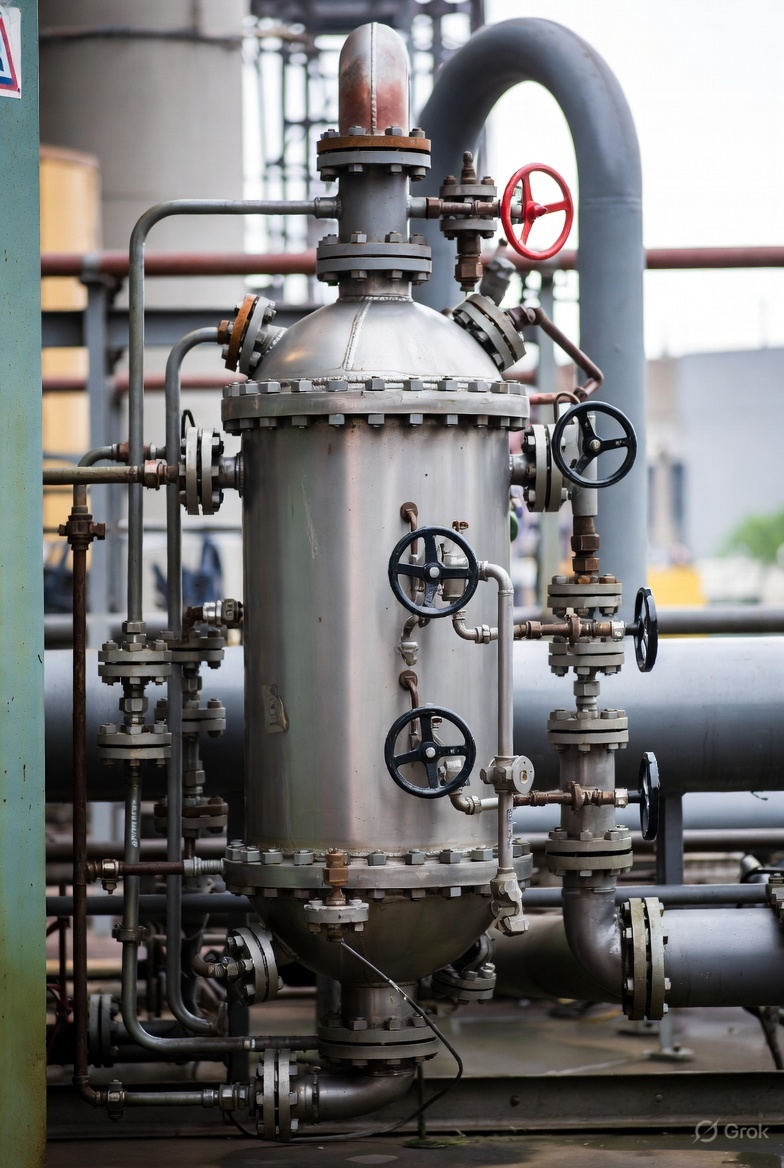In the field of chemical engineering, the term “additive” refers to any substance that is intentionally incorporated into a product or a chemical process to achieve a specific desired effect. These substances are added in small quantities to enhance the properties of the base material, improve the efficiency of chemical processes, or extend the functionality and performance of products. Additives play a critical role across a broad range of industries, from polymer manufacturing and pharmaceuticals to food processing and fuel production.
The significance of additives in chemical engineering lies in their ability to modify or improve certain characteristics of materials and processes without altering their fundamental nature. This article explores the different types of additives commonly used in chemical engineering, their applications, and the benefits they provide in various industries.
1. Process Additives: Enhancing Chemical Reactions
In many chemical processes, additives are used to control reaction rates, enhance yields, improve selectivity, or facilitate the efficient production of desired products. These additives can either promote or inhibit chemical reactions, and they are commonly employed in processes ranging from petrochemical refining to water treatment.
Catalysts
One of the most well-known types of additives in chemical engineering is the catalyst. Catalysts are substances that increase the rate of a chemical reaction without being consumed in the process. In many industrial applications, catalysts are essential for driving reactions under mild conditions and at a faster rate. For example, in the petroleum industry, catalysts are used in refining processes such as cracking, reforming, and hydrotreating, where they help break down large hydrocarbons into valuable fuels like gasoline and diesel.
Catalysts are typically used in very small amounts relative to the amount of reactants. They can be either homogeneous (in the same phase as the reactants, such as a liquid or gas) or heterogeneous (in a different phase, such as a solid catalyst in a gas-phase reaction). Enzymes, which are biological catalysts, are also used in certain biotechnological applications.
Solvents
In chemical engineering, solvents are used as additives to dissolve reactants and facilitate chemical reactions. They provide a medium in which chemical reactions can take place and help to control temperature, pressure, and concentration levels. Solvents are particularly important in processes like extraction, separation, and polymerization. For example, in the pharmaceutical industry, solvents are used to dissolve active ingredients and prepare formulations for oral or injectable medications.
In addition to dissolving reactants, solvents can also affect the rate and selectivity of reactions, making them valuable tools in process optimization. The choice of solvent can influence reaction efficiency, product purity, and environmental impact.
Inhibitors
While some additives are used to promote reactions, others are used to inhibit them. Inhibitors are substances that slow down or prevent unwanted chemical reactions. For example, in corrosion control, inhibitors are used to prevent the degradation of metals due to environmental exposure. Similarly, in polymerization processes, inhibitors can be added to stop premature polymer formation and control the molecular weight of the polymer being synthesized.
Inhibitors are also used in biochemistry and microbiology to control bacterial growth or to halt the action of specific enzymes in pharmaceutical formulations.
2. Polymer Additives: Modifying Material Properties
Polymers are central to many industries, from packaging and construction to electronics and healthcare. The properties of polymers, such as flexibility, strength, heat resistance, and durability, can be significantly influenced by the addition of specific additives. These additives help improve the performance, processing, and sustainability of polymer-based products.
Plasticizers
Plasticizers are chemicals added to polymers, typically plastics, to increase their flexibility and reduce brittleness. Without plasticizers, many plastics would be too rigid for practical use. For example, polyvinyl chloride (PVC), a commonly used plastic, is often too stiff and brittle on its own but becomes more flexible and pliable when plasticizers are added. Plasticizers work by embedding themselves between polymer chains, creating more space and allowing the chains to slide past each other more easily.
The use of plasticizers is widespread in products like flooring, wire insulation, medical devices, and toys. However, concerns about the environmental and health impacts of certain plasticizers, especially phthalates, have led to the development of safer, more sustainable alternatives.
Stabilizers
Stabilizers are additives that help maintain the integrity and performance of polymers under challenging conditions, such as exposure to heat, light, or oxygen. UV stabilizers and antioxidants are common examples. UV stabilizers protect plastics from degradation due to ultraviolet (UV) radiation, which can cause the material to become brittle or discolored over time. Antioxidants prevent the oxidative degradation of polymers by scavenging free radicals and slowing the process of aging.
Stabilizers are particularly important in outdoor applications where materials are exposed to the elements for long periods. For instance, plastic pipes, automotive parts, and outdoor furniture all rely on stabilizers to maintain performance over time.
Flame Retardants
In applications where fire safety is a concern, flame retardants are additives used to reduce the flammability of polymers. These additives either inhibit combustion by interfering with the chemical reactions of fire or reduce the heat release rate of the material. For example, flame retardants are commonly added to materials used in electrical wiring, upholstery, and clothing to meet safety standards.
While flame retardants are effective at improving fire safety, their environmental impact has raised concerns, especially regarding the persistence of some substances in the environment and their potential toxicity. As a result, there has been a push for safer, more sustainable alternatives.
3. Food Additives: Preserving and Enhancing Food Products
In food processing, additives are used to preserve freshness, improve texture, enhance flavor, and maintain the nutritional value of food products. Food additives have been a crucial part of the food industry for centuries, helping to extend shelf life, ensure product safety, and maintain consistency in taste and appearance.
Preservatives
Preservatives are substances used to prevent the spoilage of food due to microbial growth, oxidation, or enzymatic action. They play a key role in ensuring the safety and shelf life of processed foods. Common preservatives include salt, sugar, vinegar, and sodium benzoate, which are added to inhibit bacterial growth and prevent food from becoming unsafe or unappetizing.
Preservatives are especially important in packaged foods, canned goods, and ready-to-eat meals. They help to prevent foodborne illnesses and reduce the need for refrigeration.
Emulsifiers
An emulsifier is a type of additive that helps mix two substances that would not normally combine, such as oil and water. In food products like salad dressings, ice cream, and mayonnaise, emulsifiers are crucial for creating a stable, homogeneous mixture. They help prevent the ingredients from separating over time.
Emulsifiers work by reducing the surface tension between the oil and water molecules, allowing them to form a stable emulsion. Common emulsifiers in food include lecithin (found in egg yolk and soybeans) and monoglycerides.
Colorants
Colorants, also known as food dyes, are used to enhance or restore the appearance of food products. Natural colorants, such as beet juice or spinach powder, as well as synthetic colorants like tartrazine, are widely used in the food industry. Colorants make food more visually appealing, which can increase consumer acceptance and marketability.
However, concerns about the health implications of synthetic colorants have led to regulatory scrutiny and a shift toward more natural alternatives.
4. Fuel Additives: Enhancing Fuel Performance
In the energy industry, additives are commonly used in fuels to improve their combustion characteristics, reduce emissions, enhance storage stability, and protect engines from wear and corrosion. Fuel additives are essential for maintaining the performance of vehicles, industrial equipment, and power generation systems.
Antioxidants
Antioxidants are added to fuels like gasoline and diesel to prevent oxidation, which can degrade the fuel and cause the formation of gum and varnish that can clog fuel systems. By preventing oxidation, antioxidants help maintain fuel quality over time, especially in storage.
Cetane Improvers (for Diesel)
For diesel fuels, cetane improvers are added to enhance the combustion efficiency and reduce engine knocking. Cetane is a measure of a diesel fuel’s ignition delay, and improving cetane number can lead to smoother engine operation, lower emissions, and better fuel economy.
Corrosion Inhibitors
Corrosion inhibitors are used in fuels to protect the metal parts of engines and storage tanks from rust and corrosion. These additives are particularly important for preventing damage to fuel systems in environments where moisture or water contamination is common.
5. Pharmaceutical Additives: Improving Drug Formulation
In the pharmaceutical industry, additives are used to improve the stability, bioavailability, and efficacy of drugs. These additives help ensure that medications are safe, effective, and easy to administer.
Binders
Binders are used in tablet formulations to hold the ingredients together. They help ensure that tablets have sufficient mechanical strength and can withstand handling and transportation without breaking apart.
Fillers
Fillers are inert substances added to pharmaceutical products to give them the appropriate size and volume. Fillers also help ensure uniformity in the distribution of active ingredients in tablets and capsules.
Conclusion
Additives in chemical engineering are indispensable in a wide range of industries, from enhancing the performance of materials and products to optimizing chemical processes. Whether improving the efficiency of industrial processes, modifying the properties of polymers, preserving food, or enhancing the performance of fuels, additives play a crucial role in making products safer, more reliable, and more efficient. As industries evolve and sustainability concerns grow, the development of new and safer additives will continue to be a key area of research and innovation in chemical engineering.












